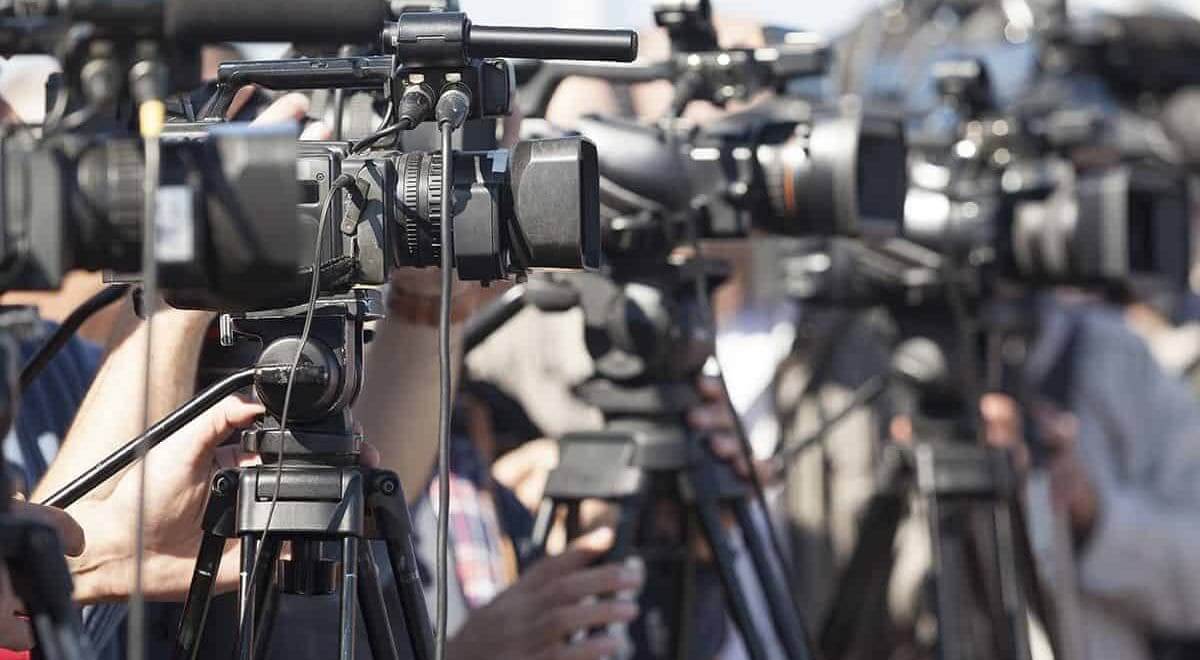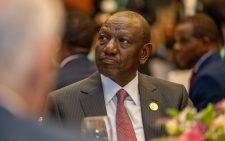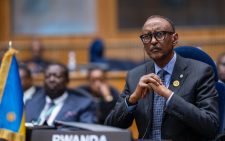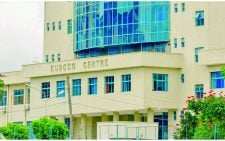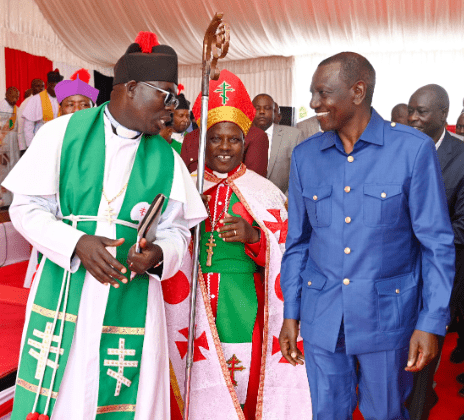Promote safe working environment for scribes
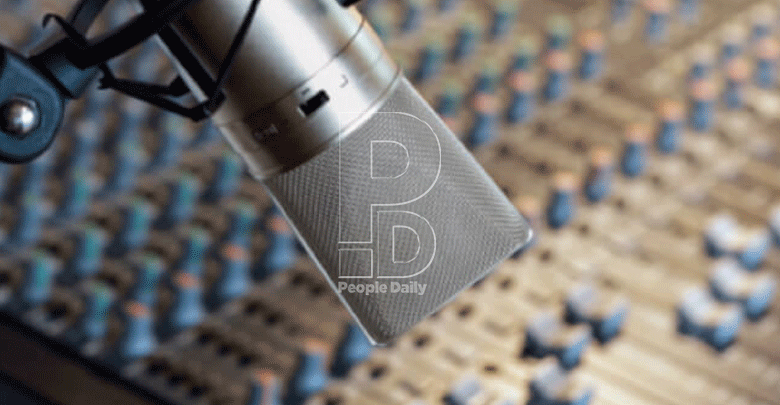
As the world marks the International Day to End Impunity and Crimes against Journalists today, there’s a special focus on the treatment of news people across the world.
From murder, physical assault, arbitrary detention and online harassment, among others, journalism is one of the professions with many hazards.
On average, a journalist has been killed every four days in the past decade, according to Unesco.
What is worse, some of these threats and attacks on scribes are not properly investigated, which makes perpetrators even bolder as they continue with their deadly crusade.
This has dire consequences not only for journalists but also to society as a whole, where democracy, freedom of expression and the right to access information is curtailed or violated.
It has also resulted in covering up crime, human rights abuses and corruption.
In the past year, the Covid-19 pandemic has had a negative impact on journalists’ operations.
Article 19, an international human rights organisation that works to defend and promote freedom of expression and freedom of information worldwide, in a report in 2020, indicated there were 48 attacks on journalists and restrictions on their work during the pandemic.
Their categorisation as essential workers did not stop physical assault, arrest, telephone or verbal threats, and online harassment against them.
Within the same period, a majority of media houses had their staff take pay cuts and others declared employees redundant, creating a dire situation for a group of professionals earning some of the lowest salaries in the world.
The situation was worse for freelancers, who suffered because of the loss of job opportunities and income.
There was a glimmer of hope following the awarding of the Nobel Peace Prize to two prominent journalists: Maria Ressa and Dmitry Muratov, who have faced threats to their work and life.
It was seen as an acknowledgement that journalism is at the forefront in promoting and enhancing democracy and access to information and freedom of expression.
In the same breath, the engagement of the Media Council of Kenya with investigating and prosecuting arms of government will highlight the importance of following up on threats of violence against journalists in the country in line with the theme of the day: Countering threats of violence and crime against journalists to protect freedom of expression for all.
It is a step in the right direction to protect journalists, promote freedom of expression and enhance democracy.
